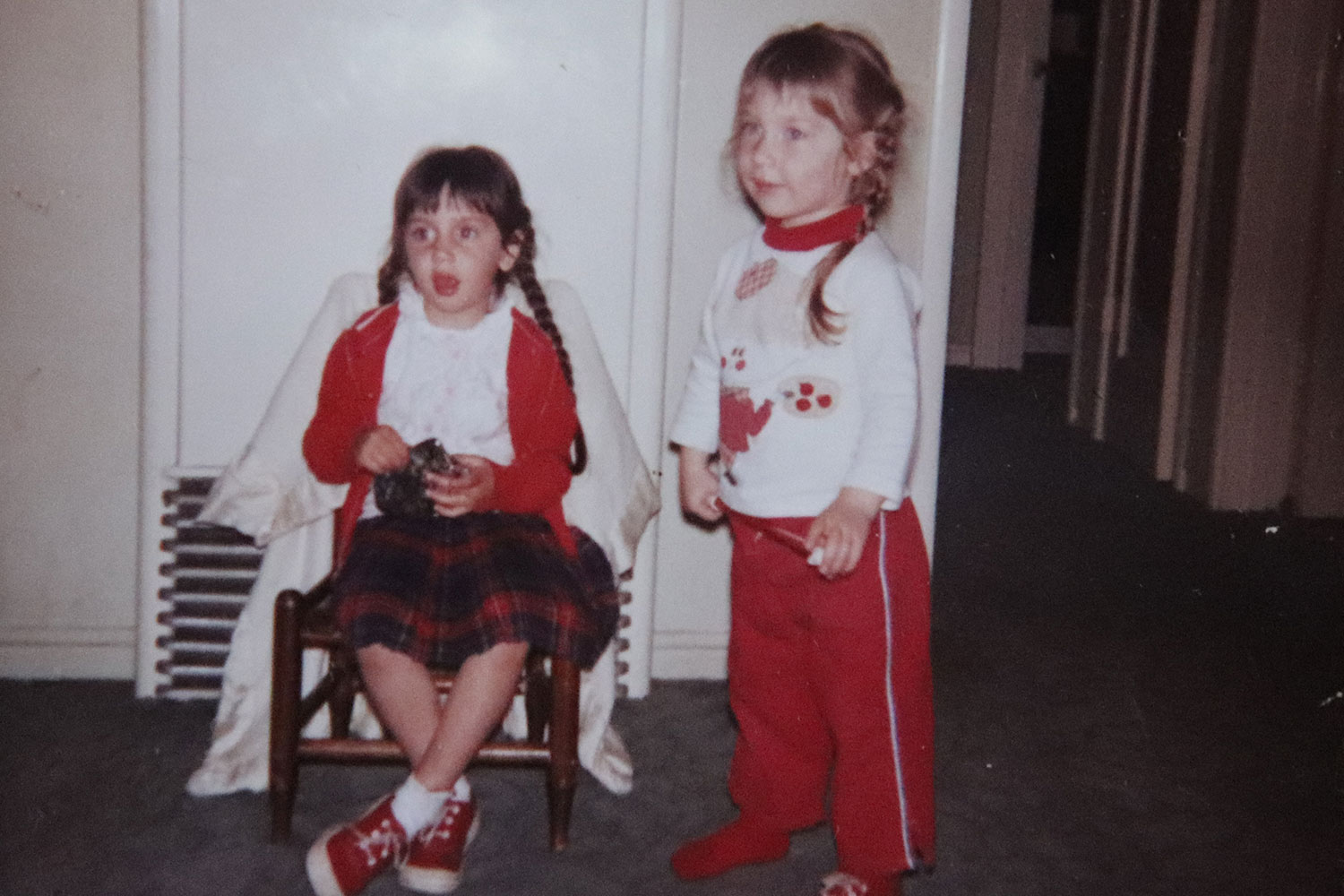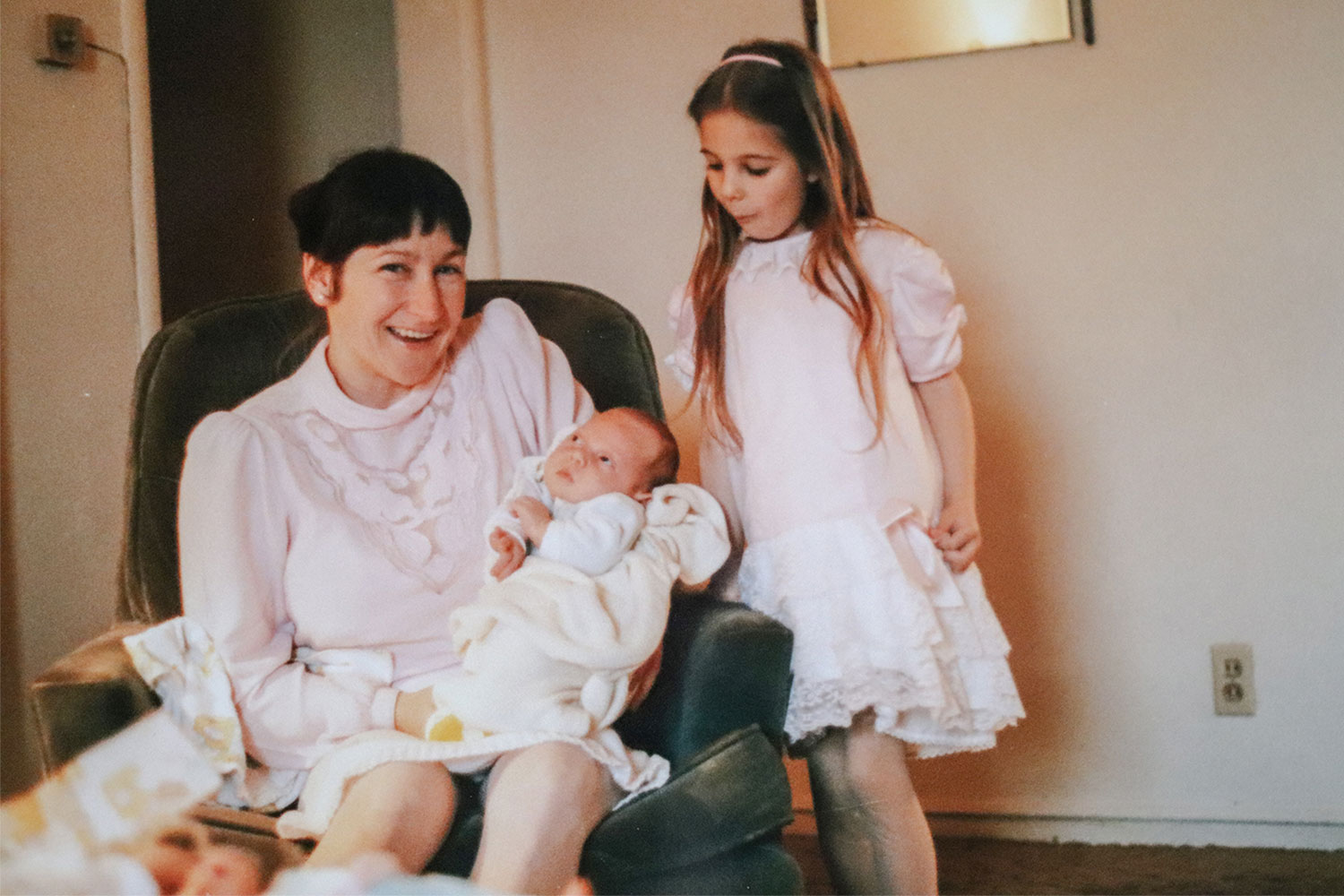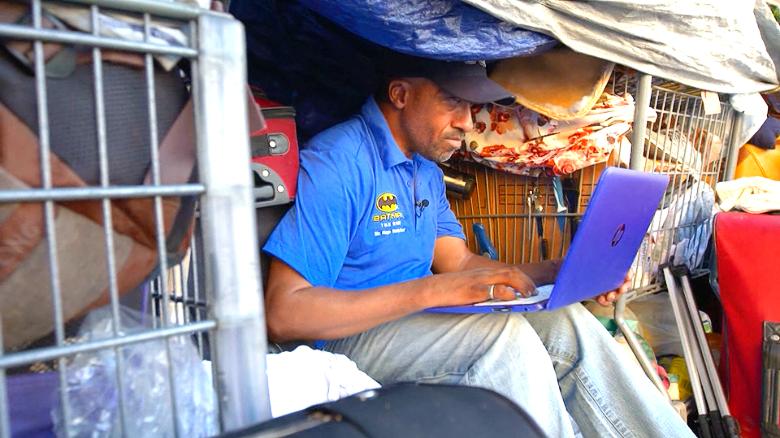Meanwhile, tRump, who is a frenemy of his, has a yuge challenge ahead of him to avoid impeachment and prison time.
Even though I operate under a don't_forget/don't_forgive approach to life, if only these horrible human beings and their sycophants would take at least a few minutes next weekend in order to think about Leonard Bernstein's profound remarks that he gave at Harvard decades ago (emphasis mine):
I have come here tonight to share with you something I learned on this fantastic three-week journey abroad: first, that I have never loved my country so profoundly and caringly as I do now; second, that because of that love I feel more than ever the compulsion and responsibility to re-examine our automatic enemy-concept; and last, that this is a great time to do it, during these 10 days of prayer and reflection.So, yes, "shana tovah,"
There is a charming legend about this penitential period: It is said that on Rosh Hashanah, New Year’s Day, the golden Book of Life up there in the sky is inscribed with the name of every single human being, along with his or her destiny for the year: who will live and who will die, who by fire and who by water, who will prosper and who will not. But there are 10 days within which one can change that inscription for the better—by prayer and the practice of good deeds. Charity and faith can avert the evil decree (you see, it’s all just another version of Corinthians, chapter 13). In other words, it’s now or never, because on the 10th day, Yom Kippur, the big book is closed and sealed for the year. Sorry folks, that’s it.So here we are on the eighth night, and I want to make my own public confession of faith, hope, and charity. You see, a couple of years ago I had a bit of a falling-out with my esteemed and well-loved friend Derek Bok. I won’t bore you with the story, but the rumpus was basically about a book written and published at Harvard and blessed with a sizable preface by President Bok. I read and hated this book and became quite exercised about the preface, which didn’t exactly endorse the book, but the presence of which, up front and center, by so distinguished a thinker, gave the book a certain cachet I didn’t think it deserved. Dare I mention its name? Living with Nuclear Weapons—the title alone was discouraging enough. Well, I got real mad and, in a self-righteous huff, stopped further contributions to the Harvard scholarship fund I had established years before. I was wrong to do so; and even though Derek and I have never debated the matter publicly or privately—never even had that lunch we promised each other—nevertheless I have sinned, I re-examine, I re-evaluate, and I hereby return the withheld funds.
There is no enemy; there is the American principle of free debate; fighting against an invented enemy is wasteful; fighting for ourselves and one another is constructive, is sharing—otherwise known as love.Let me leave you with the thought that we all have until Monday night to meditate, rectify, re-assess, and get that celestial inscription changed. Try it, it’s worth it. And, as we say, shana tovah, a good year, and hatimah tovah, a good inscription. Bless you.

:max_bytes(150000):strip_icc()/165899109-56a9943a5f9b58b7d0fcf1f9.jpg)








